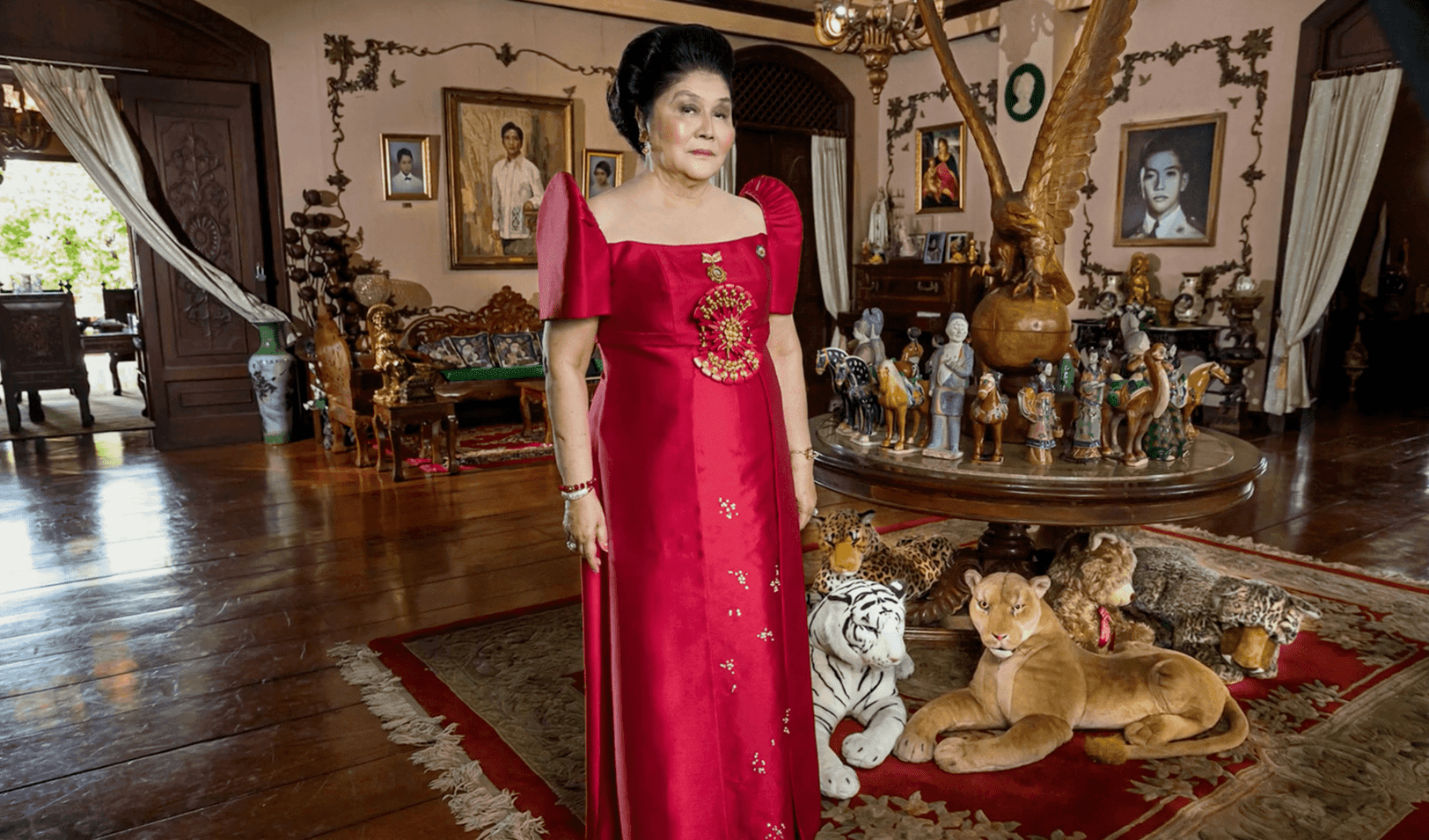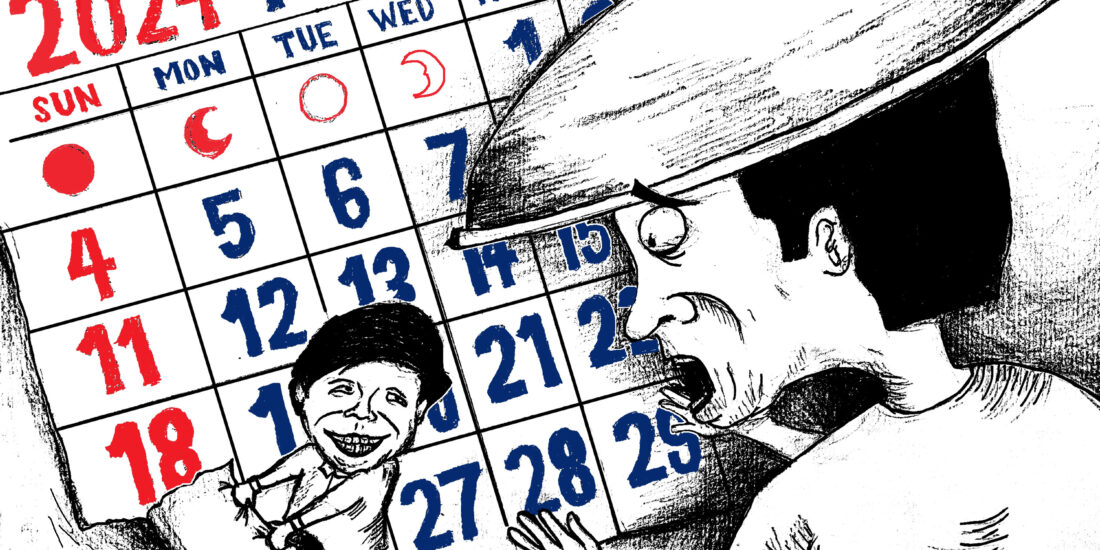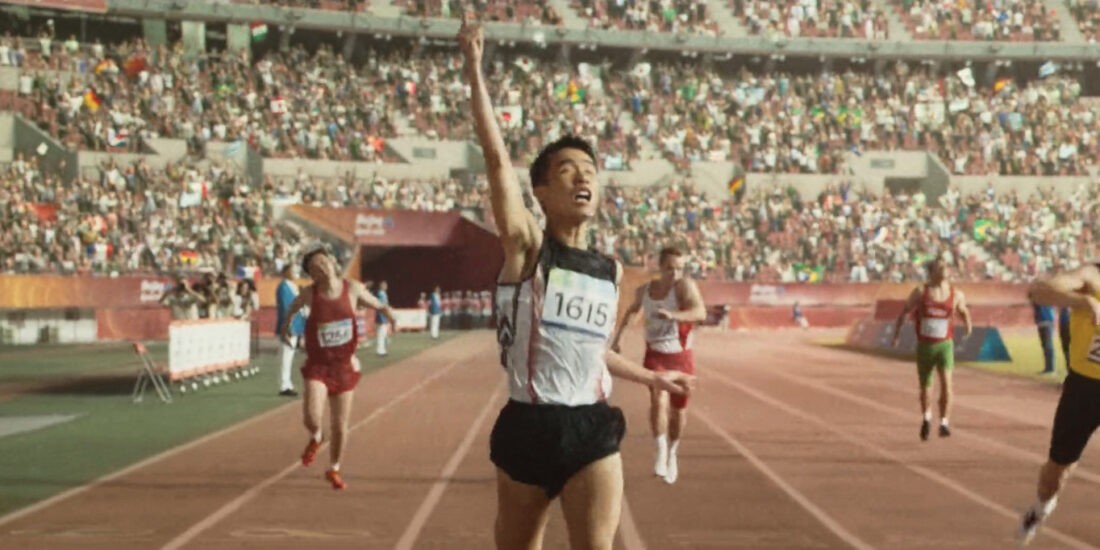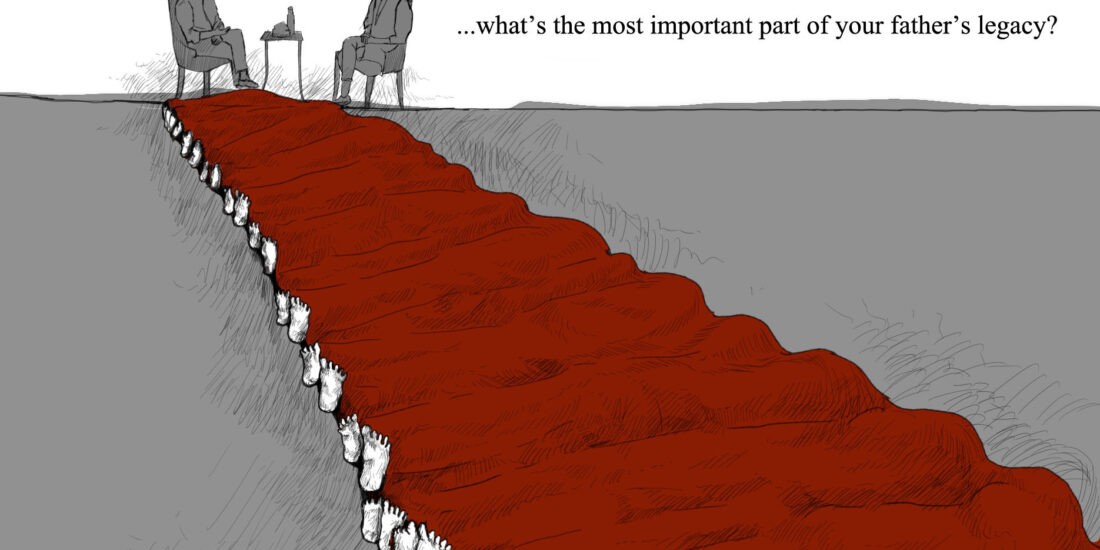The Kingmaker and the Marcoses’ pursuit of paradise
Directed by Lauren Greenfield, the 2019 documentary film The Kingmaker delves into the grim reality behind the glory days of the Marcos family and their efforts to restore the privilege they once enjoyed. Following Imelda Marcos’ ambition to become the mother of the world to their family’s pursuit of getting back to power, The Kingmaker explores the corrupted desire of the infamous family to regain their lost status and resurrect what they call “paradise”.
Walking in her shoes
The decades-long influence of the Marcoses marked them as one of the most powerful and prominent dynasties in Philippine politics — with Imelda Marcos, the oldest member of the clan and the late Ferdinand Marcos’ wife, currently at the helm. From being a beauty queen to being the first lady of the Philippines, Imelda became well-known all over the world for her influence, in par with her husband’s political clout and infamy. When the Marcoses rose into power at the peak of the Cold War, Imelda and Ferdinand Marcos were unmatched as a duo, reigning over what was supposed to be a democratic country. And as their power and status rose, so did the number of atrocities committed under their rule: from guiness-world record levels of ill-gotten wealth, abuse of human rights, long years of corrupt dictatorship, and even state neglect that led to a famine.
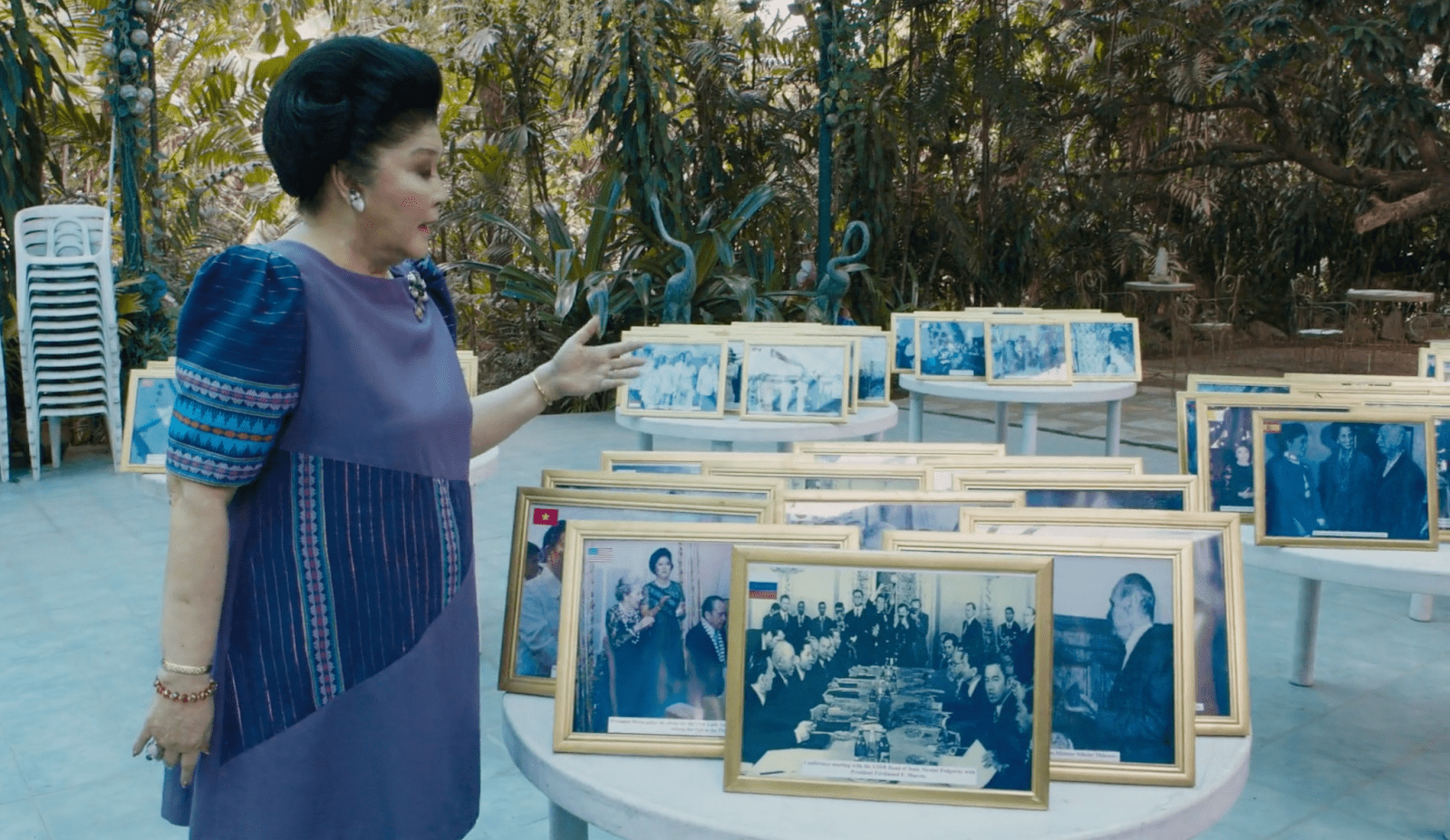
Imelda showing her collection of pictures with different world leaders
Status does not only come with luxury during their reign, but also with a power to be relished. During the long presidency of Ferdinand Marcos, Imelda gained a huge shoe collection with a wide array of luxury brands. This also became a symbol of wealth and power for the Marcoses as it bewildered the people on how they could afford such luxuries. Moreover, not only did Imelda have an expensive taste for fashion, she was also known to crash parties with other socialites and people of power. This earned her the reputation of being a “pesty guest” around elite circles, as testified by then US Ambassador to Manila William H. Sullivan. In these events, she gained power by being the “surrogate” president, but it was used for selfish reasons especially whenever she attended parties by herself. “Imelda very much enjoyed the role of being first lady, and Marcos was afraid to leave the Philippines for the fear that there would be a coup,” the American writer and Imelda’s close friend Beth Day Romulo disclosed in the documentary. Holding an influence that goes beyond the mandate of a first lady, it was as though the wife had more control than Fernando Lopez, who was the vice president back then.
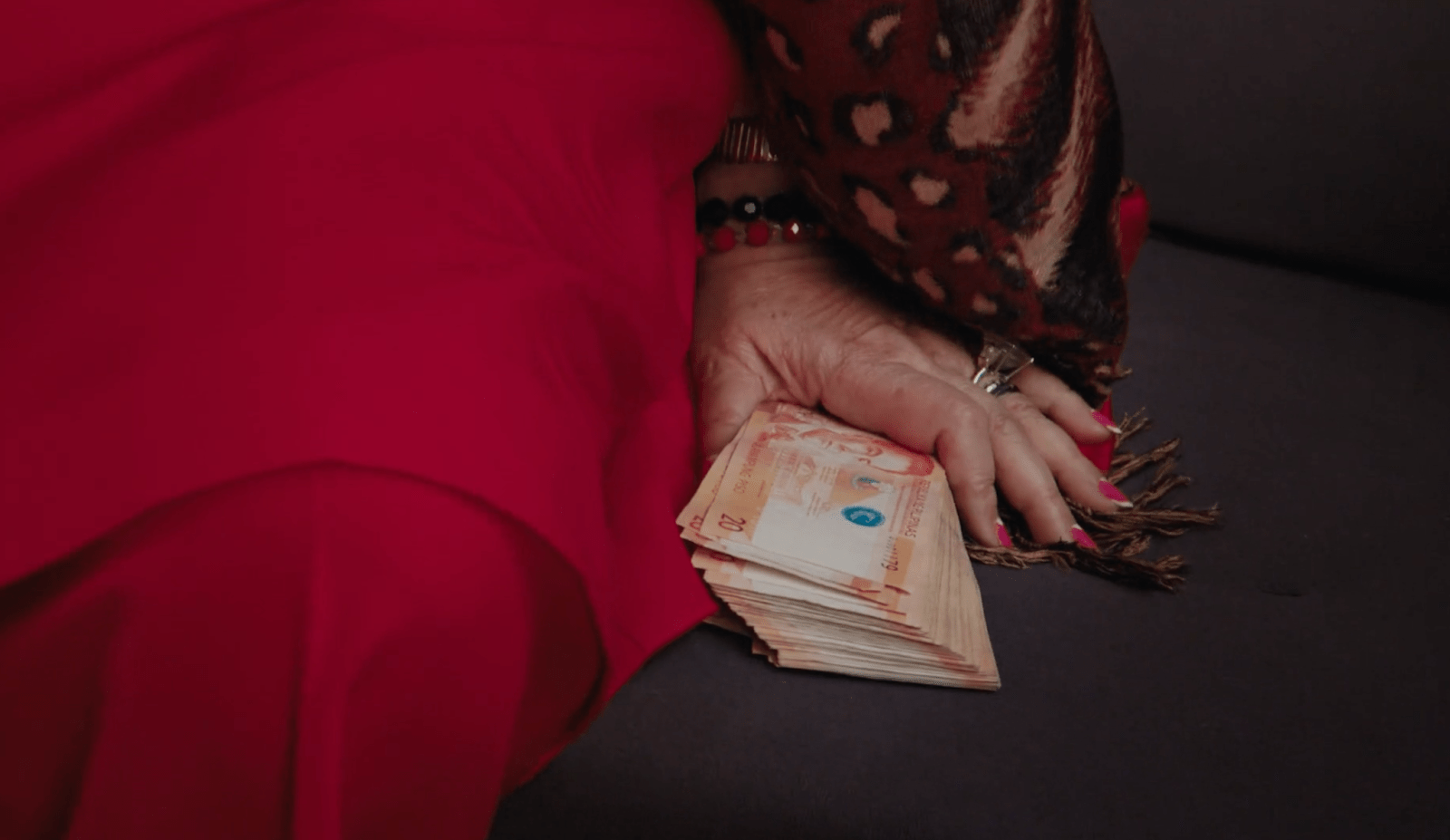
Imelda holding a thick stack of 20-Peso bills to give out to street children
With Imelda’s fast-paced rise to power, The Kingmaker also unraveled how the Marcos matriarch had the gall to taint the already beautiful country through expensive attempts at attaining grandeur, disrupting the country’s natural balance and turning it into a makeshift paradise. This was an ambition that came with inhumane costs, as Imelda brought exotic animals to Calauit Island, an area that’s home to Tagbanuan tribes for many years.

A Tagbanuan villager who was forcefully expelled from the island
“Malungkot na kami, dahil dumating na ang mga hayop na ipalit sa amin sa isla namin,” an emotional Remedios Tradio, one of the displaced Tagbanuan residents shared. This film gem therefore gives us a dire picture of how Imelda and the Marcoses had always treated and viewed human lives to build its illusionary idea of paradise: to prioritize animals over the life of a human, or worse to treat them like real animals who they sway, starve, and exploit whenever they want to.
A haunting from the past
Beyond taking us back to how the Marcoses secured and lost their power due to the nation’s revolt, the documentary also shed light on familiar tactics that we still witness today, mimicking the abuses of the past.
“It’s difficult and it’s also scary. In a sense that if these people are brought again to power, there’s a big chance that the sins of the past will be committed again,” Vice President Leni Robredo, Marcos Jr.’s closest rival, pointed out in the documentary.

Ferdinand “Bongbong” Marcos Jr. announcing his plan to run as vice president during the 2016 elections
Ever since the 2016 elections, Marcos Jr. is already dead-set into regaining their lost touch of power over the Philippines, pursuing all options— even demanding a recount of votes thrice after he lost the vice presidential race. In the documentary, it was stated that Imelda also had great influence on her son Bongbong, preparing him ever since he was eight years old to hold power like his late father as she believed that the presidency was his destiny. This tale of reality gives us a peek as to how the Marcoses had always viewed the highest seat in the land: not a calling, responsibility, and obligation, but something that will just fall under their lap by forces of fate. Now, Bongbong is eyeing to bring back the Marcoses into power in Malacañang, promising nothing but unity in his campaign, which was largely built on what his father did and not on what he has done.
But despite the atrocities in the past, Imelda still claims that the martial law era was still the best years in Philippine history— and we all know how facts and history tell an entirely different story.
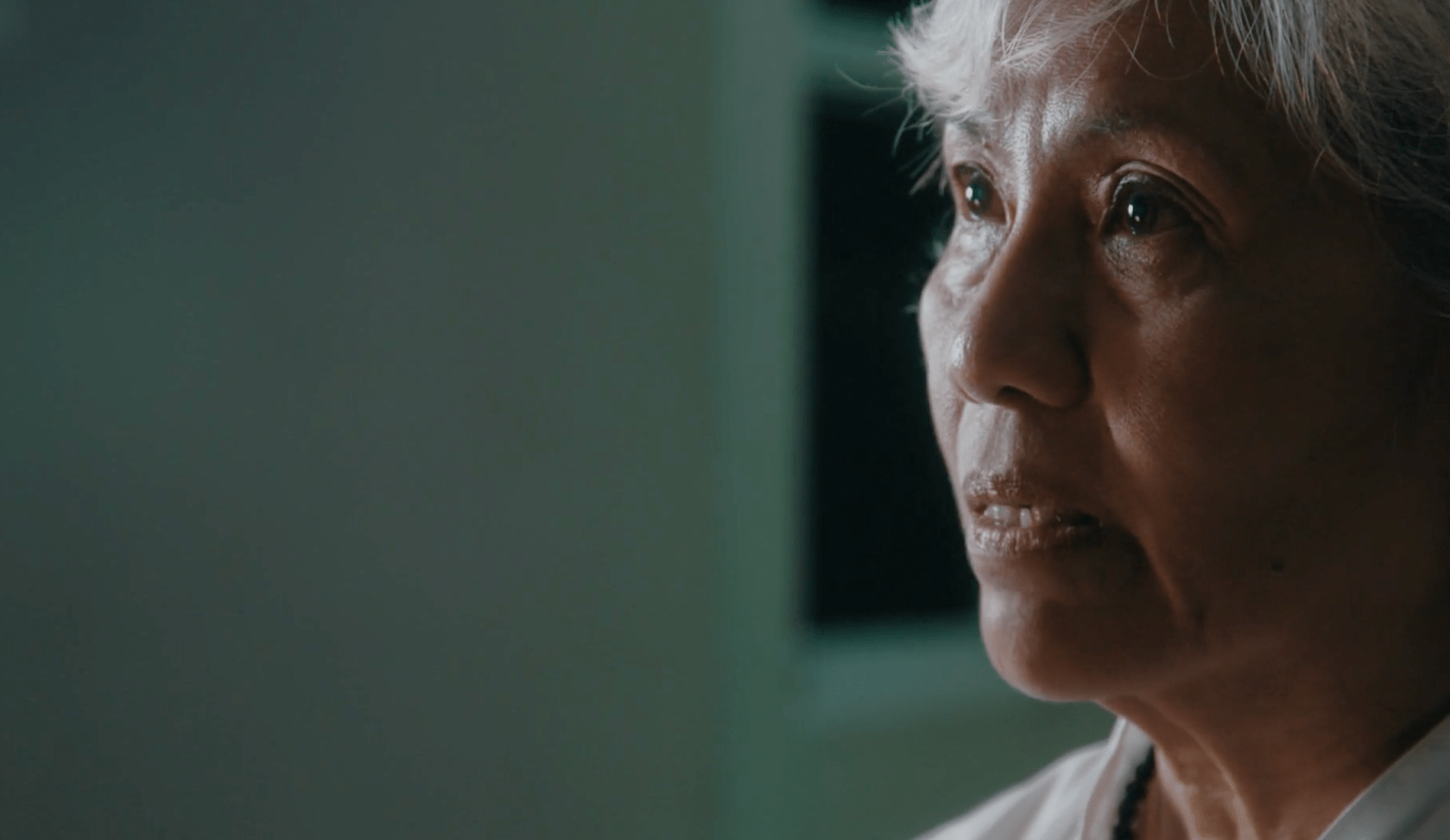
May Rodriguez, a martial law survivor recalls her traumatic experiences during martial law
May Rodriguez, an activist and a martial law survivor, recalled her traumatizing experience when she was detained, along with many others who suffered the same fate. “No hands were holding me anymore, but I couldn’t get up,” Rodriguez recalled. “It wasn’t from the beating, it was from the disillusionment that people, as in persons, could actually do this to another person.” Almost four decades after the bloody reign of the late dictator, history seems to be repeating itself as we begin to see a semblance of what dictatorship felt like, but this time with a brand new face and approach to fascism. Four months into Duterte’s presidency, 30,000 people were already killed during the war on drugs campaign— leaving many families to lose their trust in the democracy and justice system that the Constitution owes to its citizens.
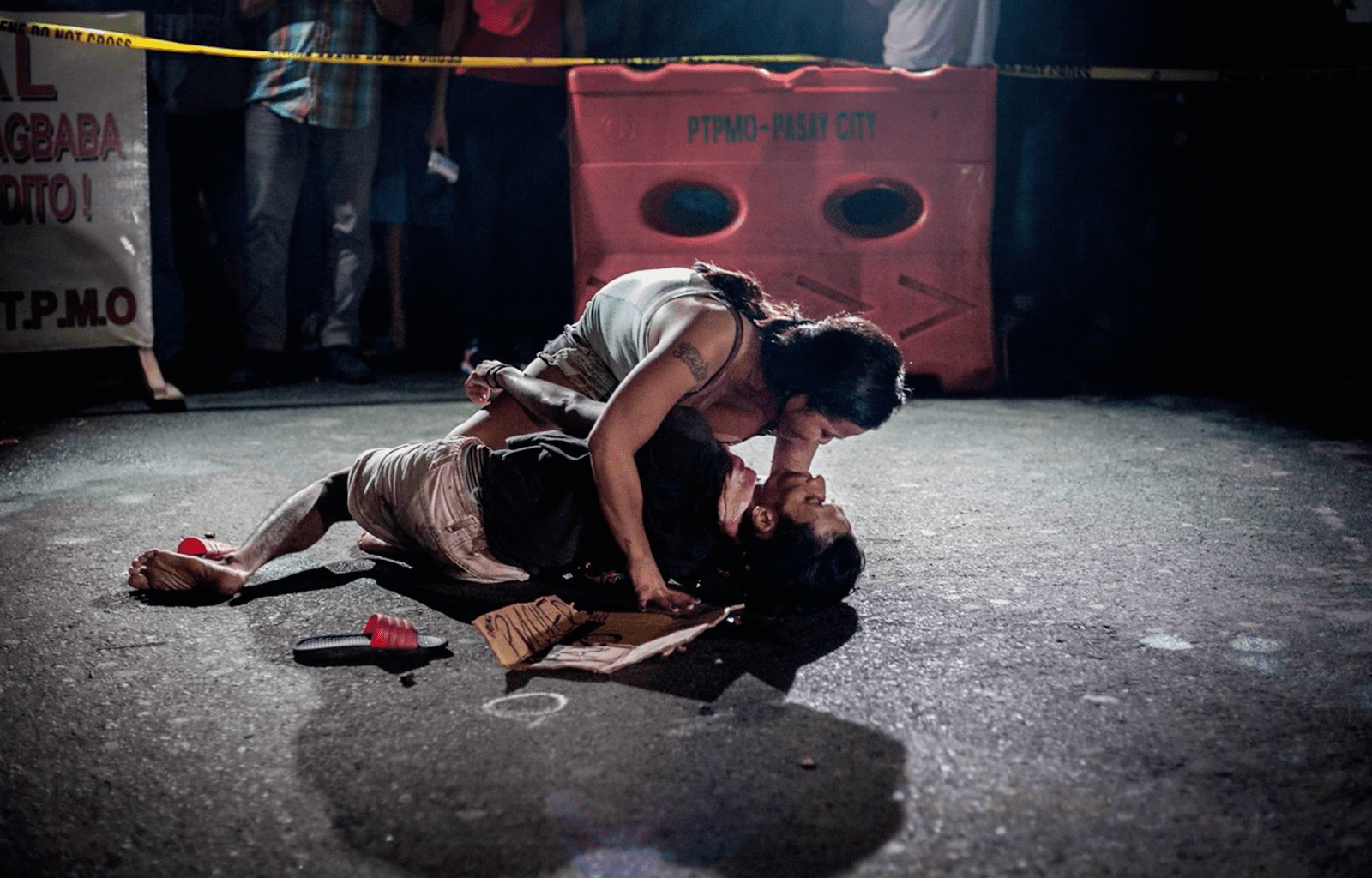
A mother weeping over the loss of her son who was killed during Duterte’s drug war (similar photo from Raffy Lerma’s ‘Pieta’)
“Kaya nagsisisi ako na naiboto ko ‘yang si Duterte, dahil inuuna niyang patayin ‘yung mga mahihirap, ‘yung mga gumagamit lang ang pinapatay niya,” a victim’s mother shared while keeping her anonymity due to the fear that they will be targeted next. As killings and impunity became a cycle that breeds blood one after the another, it created a culture of fear and silence among many innocent civilians. And if there’s one thing that these stories of abuse made us all realize: no one is safe as anyone can be a target.
With the painful past recorded in history and the system of abuses that haunt us even up to this day, the Kingmaker challenges its viewers not only to remember the sins of the past, but to envision what could possibly happen when we allow another Marcos to hold another power. The stories of the victims are not mere tales pitted against the Marcoses: it is a reminder that compels us to act, resist, and revolt against all faces of fasicsm— may it be the younger Marcos or all those who act like one.
***
The Kingmaker unravels the painful truth behind the glamour of politics and how a never-ending thirst for power can go a long and deadly way. True enough, the film does not only take us back to the scars and wounds of the Marcos era, but it enables people from different generations to confront our present reality and resist all attempts of reviving their ceaseless ambition of paradise. #NeverAgain #NeverForget
The film could also be watched with Tagalog dubs and Cebuano subtitles in Vimeo: https://vimeo.com/694965011


